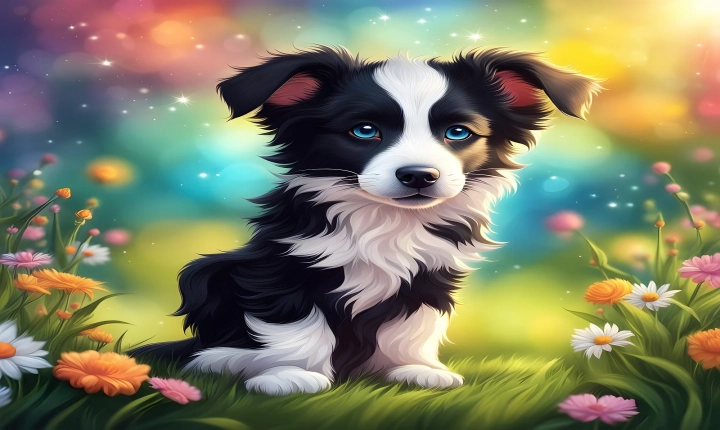AI-generated art has become an increasingly prevalent topic in the art world, raising ethical questions about the nature of creativity and artistic expression. As machines and algorithms continue to play a larger role in the creative process, it is important to consider the implications and ethical considerations of AI-generated art.
One of the primary ethical concerns surrounding AI-generated art is the issue of authorship and originality. Traditional notions of art emphasize the unique expression and creativity of the individual artist. However, when art is generated by an algorithm, questions arise about who the true creator is and whether the resulting work can be considered original.
Another ethical consideration is the potential for AI-generated art to commodify and devalue the work of human artists. If AI-generated art becomes widely accepted and celebrated, there is a risk that human artists may be marginalized or their work may be devalued in comparison to machine-generated art. This raises concerns about the impact on the livelihood and recognition of human artists in the art industry.
Furthermore, there are concerns about the potential for AI-generated art to perpetuate biases and stereotypes. Since AI algorithms are trained on existing datasets, there is a risk that biases present in the data could be reflected in the generated art. This could perpetuate and reinforce existing societal prejudices and inequalities, raising important ethical concerns about the impact of AI-generated art on social and cultural representation.
On the other hand, proponents of AI-generated art argue that it has the potential to democratize creativity and expand the boundaries of artistic expression. AI algorithms can create art that pushes the limits of traditional human creativity, leading to new and innovative forms of artistic expression. Additionally, AI-generated art has the potential to make art more accessible to a wider audience, potentially increasing public engagement with and appreciation of art.
In order to navigate the ethical considerations surrounding AI-generated art, it is important for the art community, technologists, and policymakers to engage in thoughtful and critical discussions about the impact of AI on the art world. This includes addressing questions about authorship, originality, biases, and the implications for human artists.
One potential solution to the ethical dilemmas posed by AI-generated art is to establish guidelines and best practices for the responsible use of AI in the art world. This could involve creating ethical frameworks for the development and use of AI algorithms in art, as well as promoting transparency and accountability in the creation and dissemination of AI-generated art.
Additionally, there is a need for ongoing dialogue and collaboration between artists, technologists, ethicists, and policymakers to ensure that AI-generated art is used in a way that is respectful of human creativity, promotes diversity and inclusion, and upholds the value of artistic expression.
Ultimately, the rise of AI-generated art presents complex ethical challenges that require careful consideration and thoughtful engagement. By addressing these ethical concerns and harnessing the potential of AI in a responsible and ethical manner, the art world has the opportunity to embrace new forms of creativity and expand the boundaries of artistic expression.
